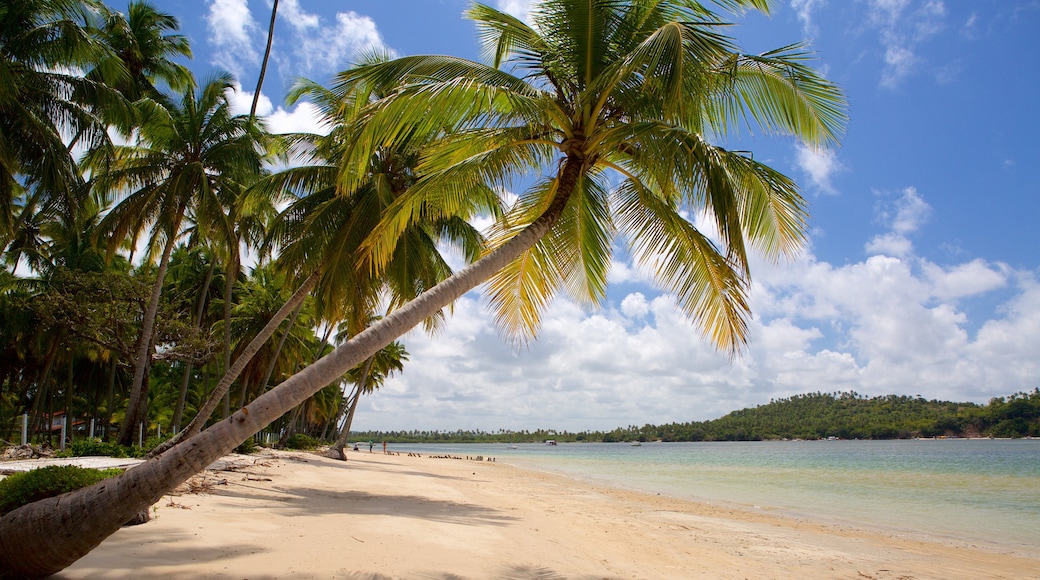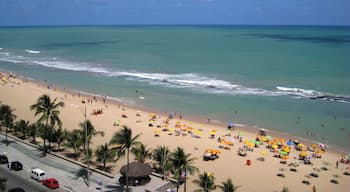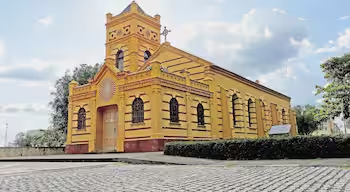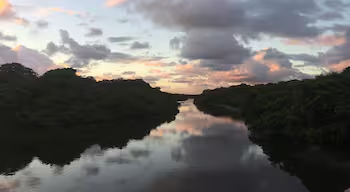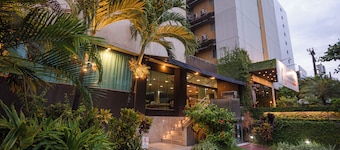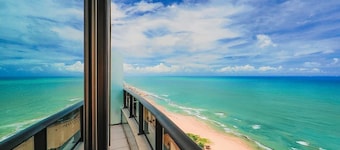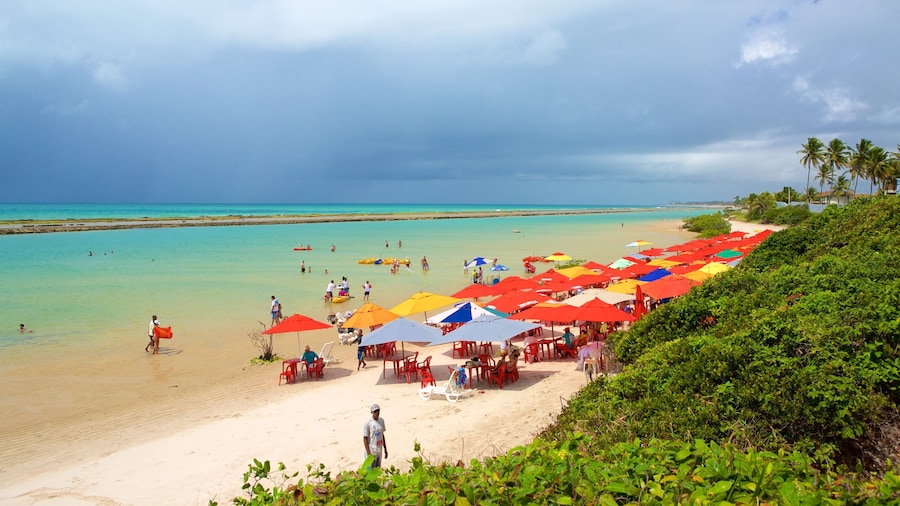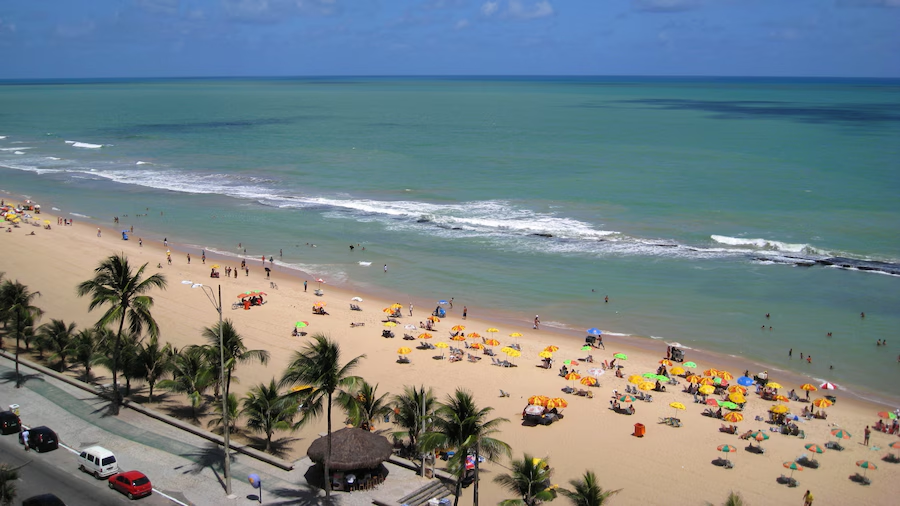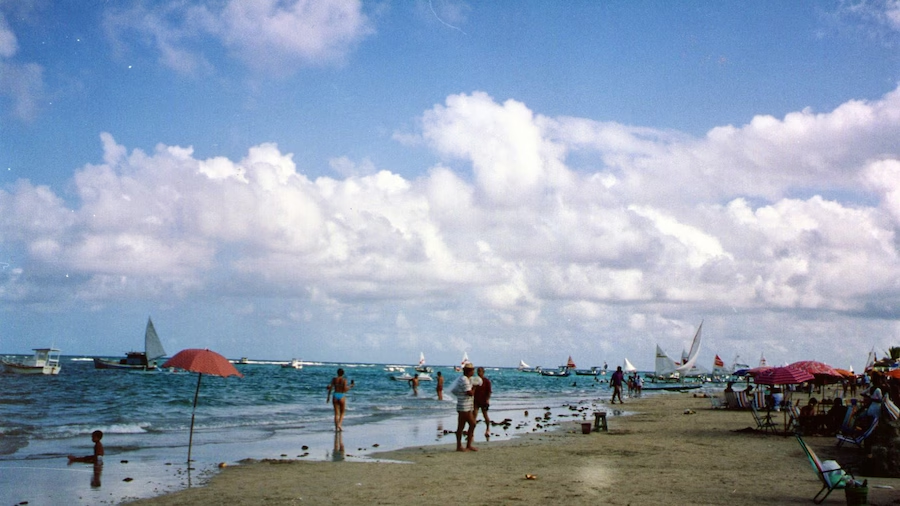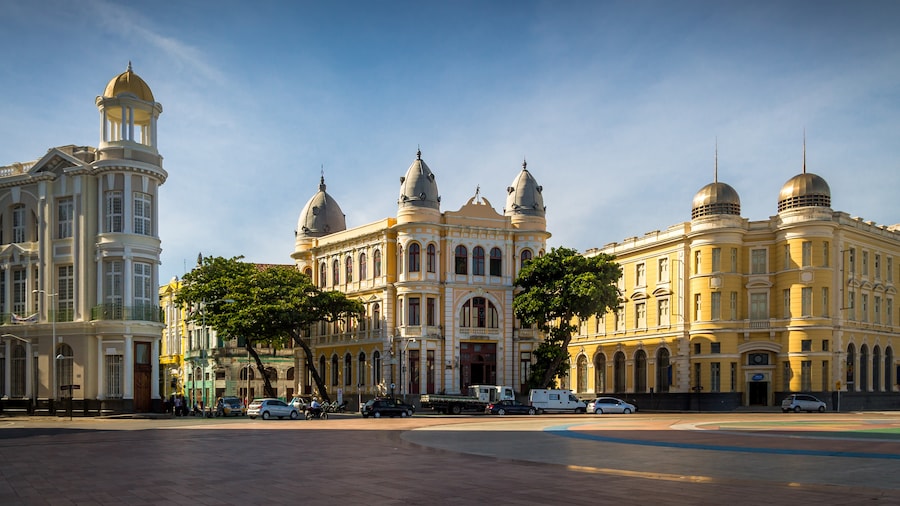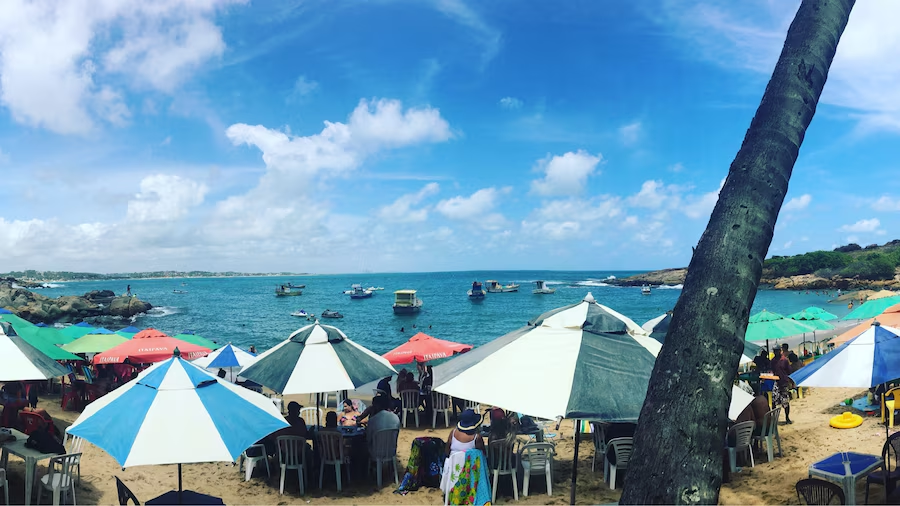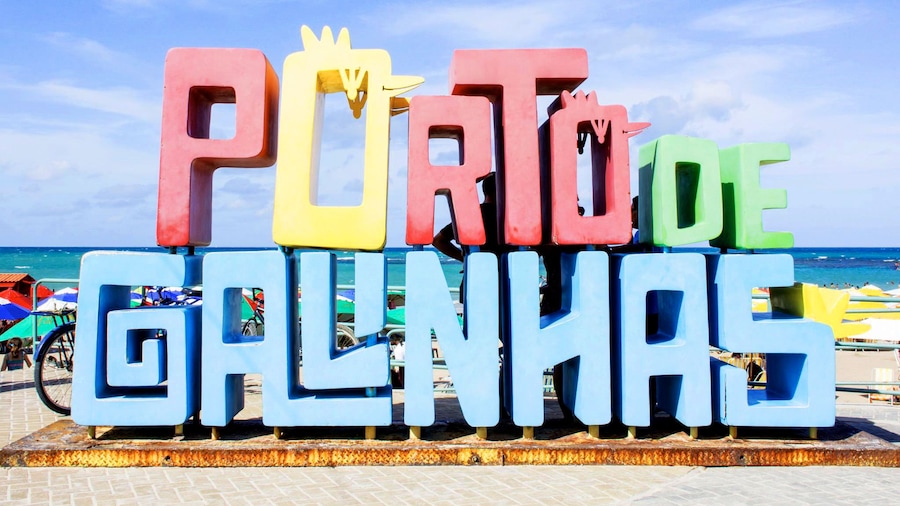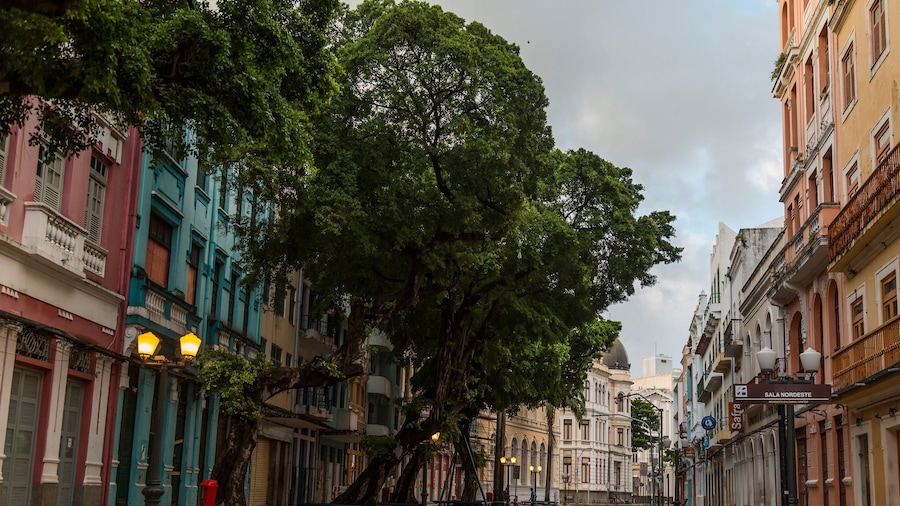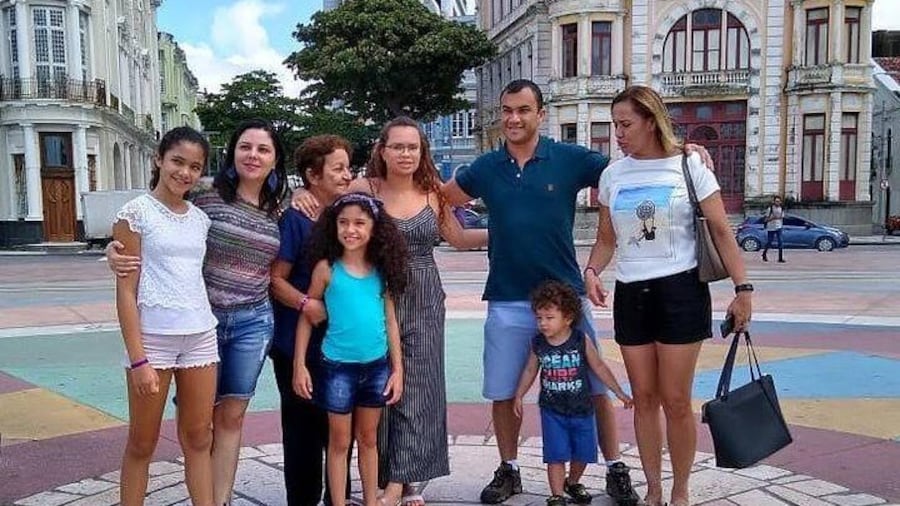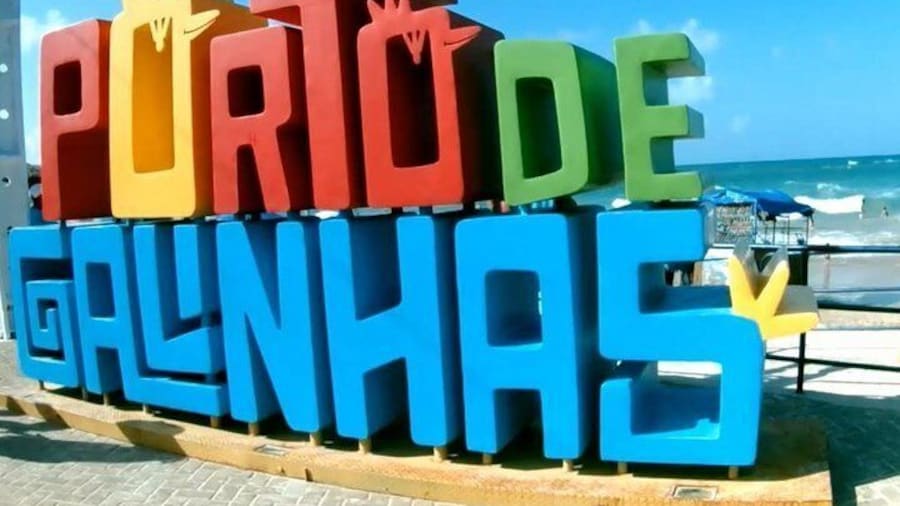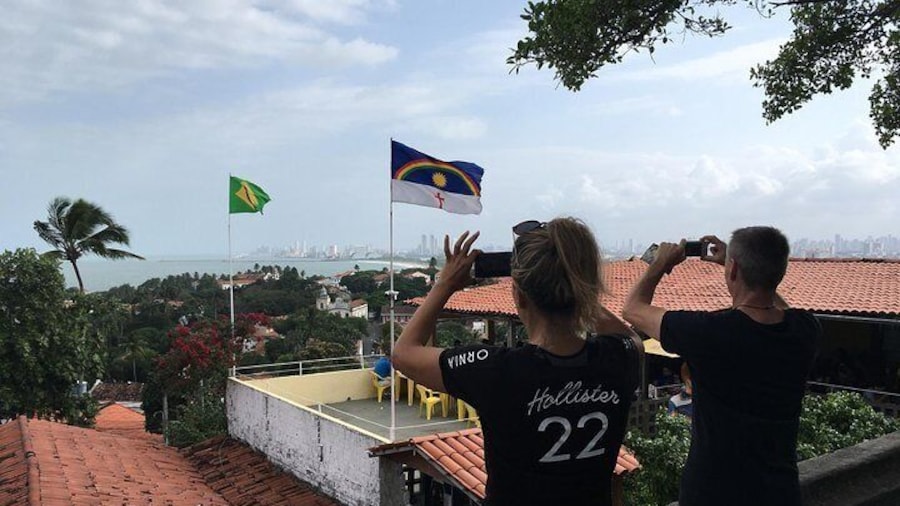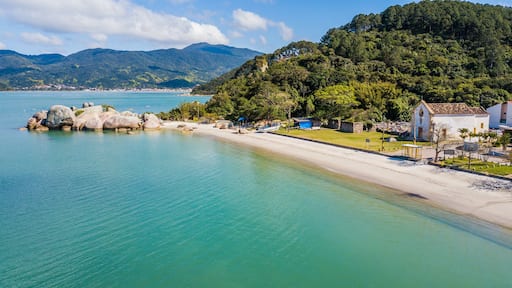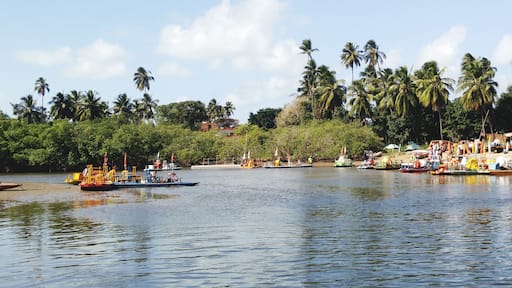Admire the fading grander of a historic old town and then explore sweeping beaches in the capital of Brazil’s Pernambuco state.
Recife, located on Brazil’s northeast coast, is a bustling port city famous for its beaches, colonial architecture and nightlife. It’s also the host of one of the most popular carnival celebrations outside of Rio de Janeiro. Often called the Venice of Brazil, Recife spreads across peninsulas and islands intersected by canals and rivers. It takes its name from the Portuguese word for reef, a reference to the reefs that shelter the city’s shoreline.
Start your visit in Old Recife (Recife Antigo), the Dutch-built historic centre that sits on its own island. Marco Zero, in Praça Rio Branco, marks the spot where Portuguese settlers founded the city in 1537. Admire pastel-colored landmarks while strolling along Rua do Bom Jesus. One example is the Kahal Zur Israel Synagogue, believed to be the oldest synagogue in the Americas. Mingle in the bars and restaurants set around Praça Artur Oscar.
Cross the bridge to Sant Antonio island, another Dutch-influenced district. Here, the Capela Dourada, Concatedral of St. Peter of Clerics and Palácio da Justiça are all worth visiting. Browse exhibitions on the city’s long history at City of Recife Museum, housed in the 17th-century Fort of Five Points. Attend a classical music concert at Teatro de Santa Isabel. Stop for a drink in one of the bars at Pátio de São Pedro.
Recife has many fine beaches to enjoy in the year-round sunshine. Pina Beach is closest to the city and merges with Boa Viagem Beach, a 4-mile (7-kilometre) long coastal neighbourhood. The latter has hotels, nightlife, restaurants and water sports centres. Go shopping at Recife Shopping Centre and Guararapes Shopping. Further south are Piedade Beach and Candeias Beach.
Rent a car or catch shuttle buses to visit beach towns outside of the city. Just a 90-minute drive south is the glorious Porto de GalinhasOpens in a new window. Travel north and discover the colonial-era treasures of nearby Olinda.
Reach Recife by flying to Recife International Airport. Get around the city centre on foot and use public buses to reach the urban beaches. Come between February and March when the city explodes into colour during the Recife Carnival.
